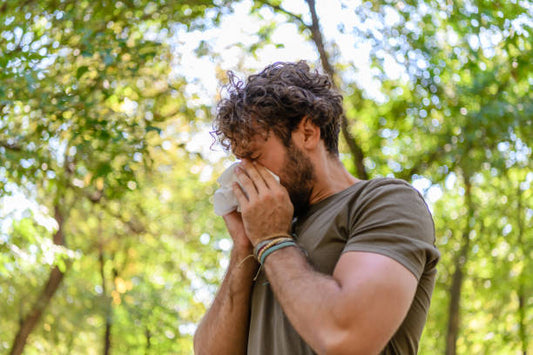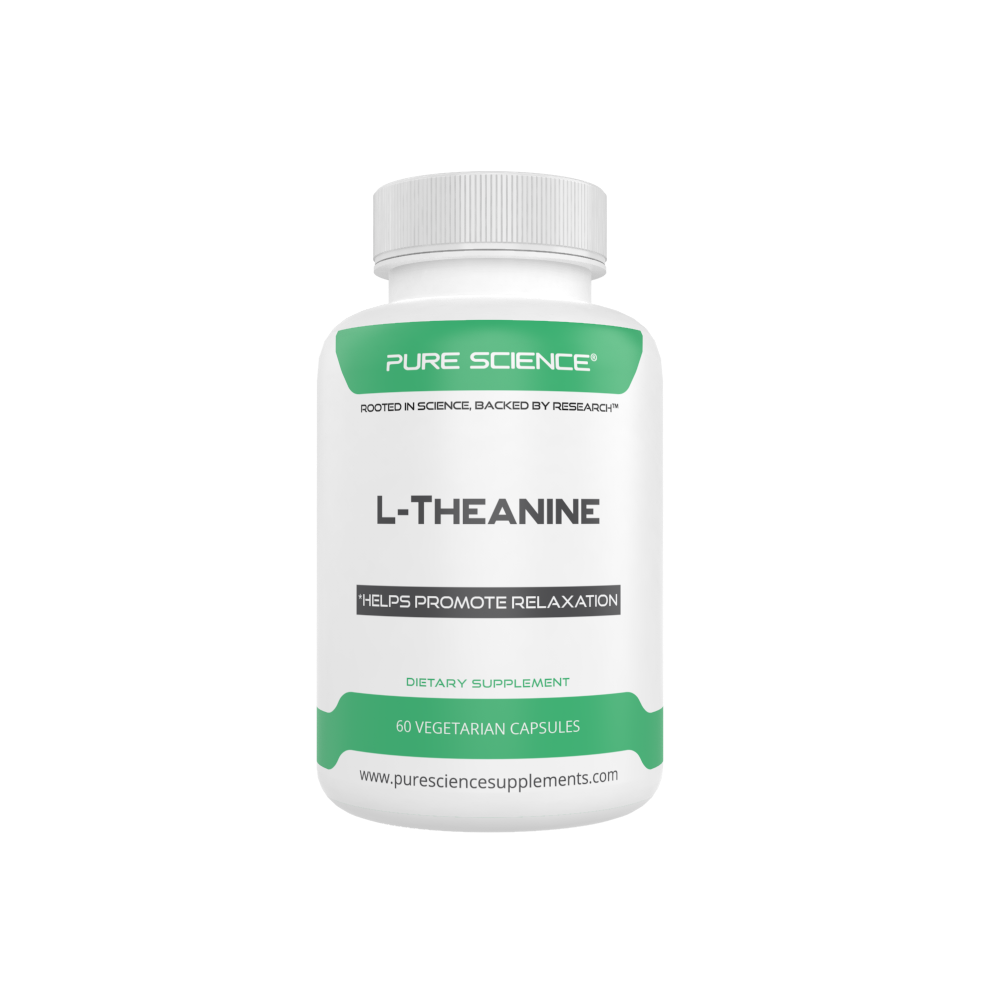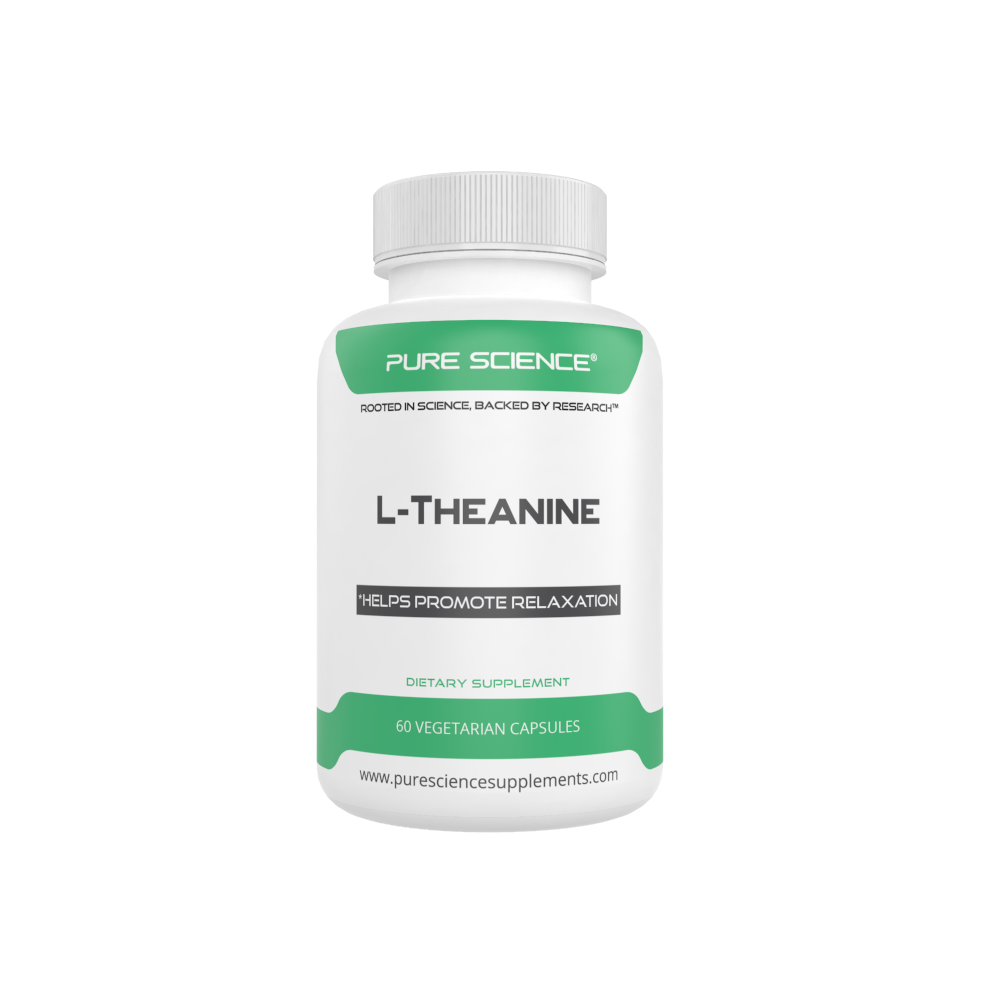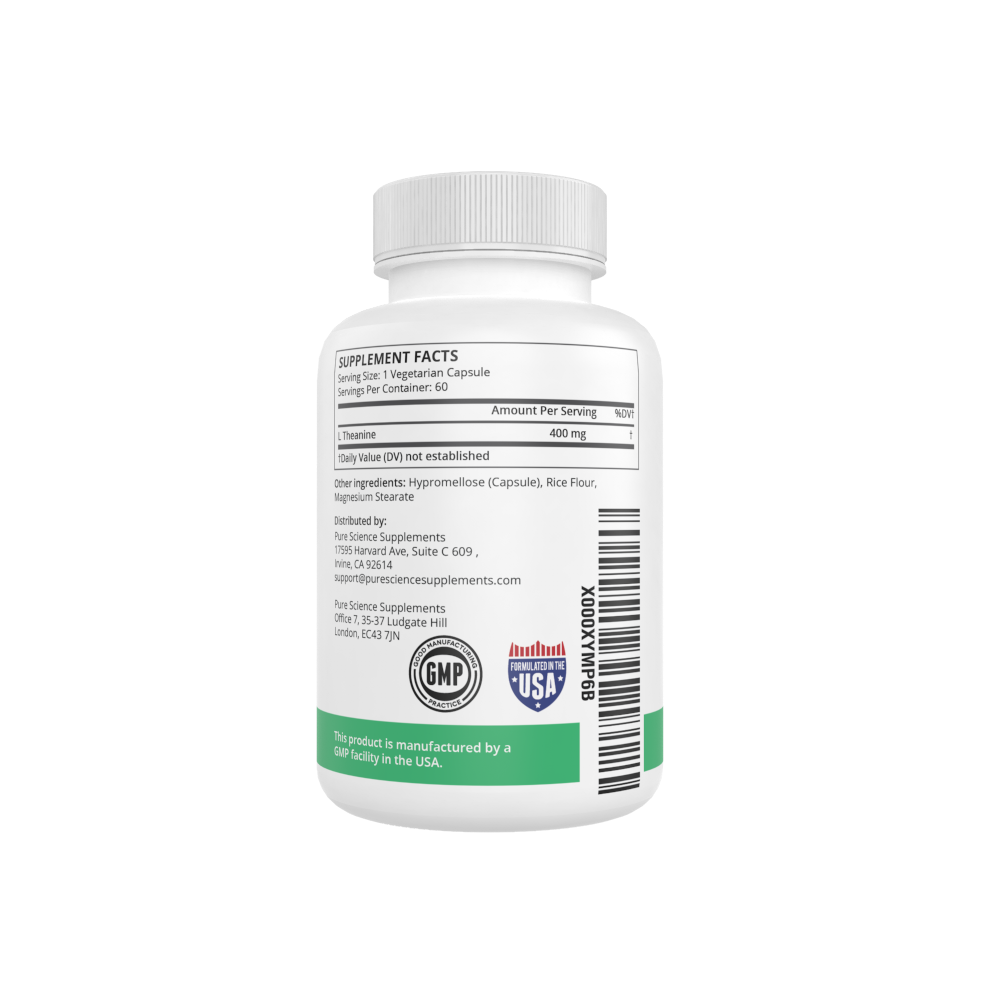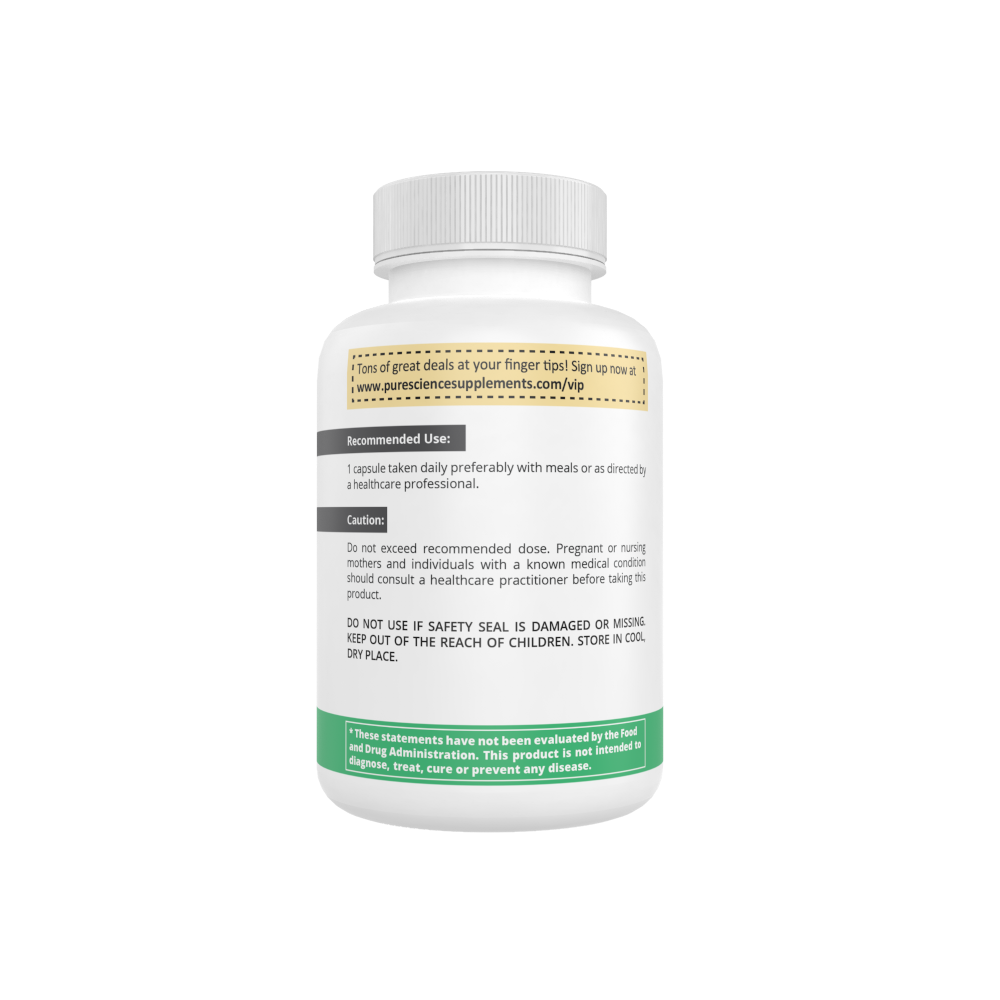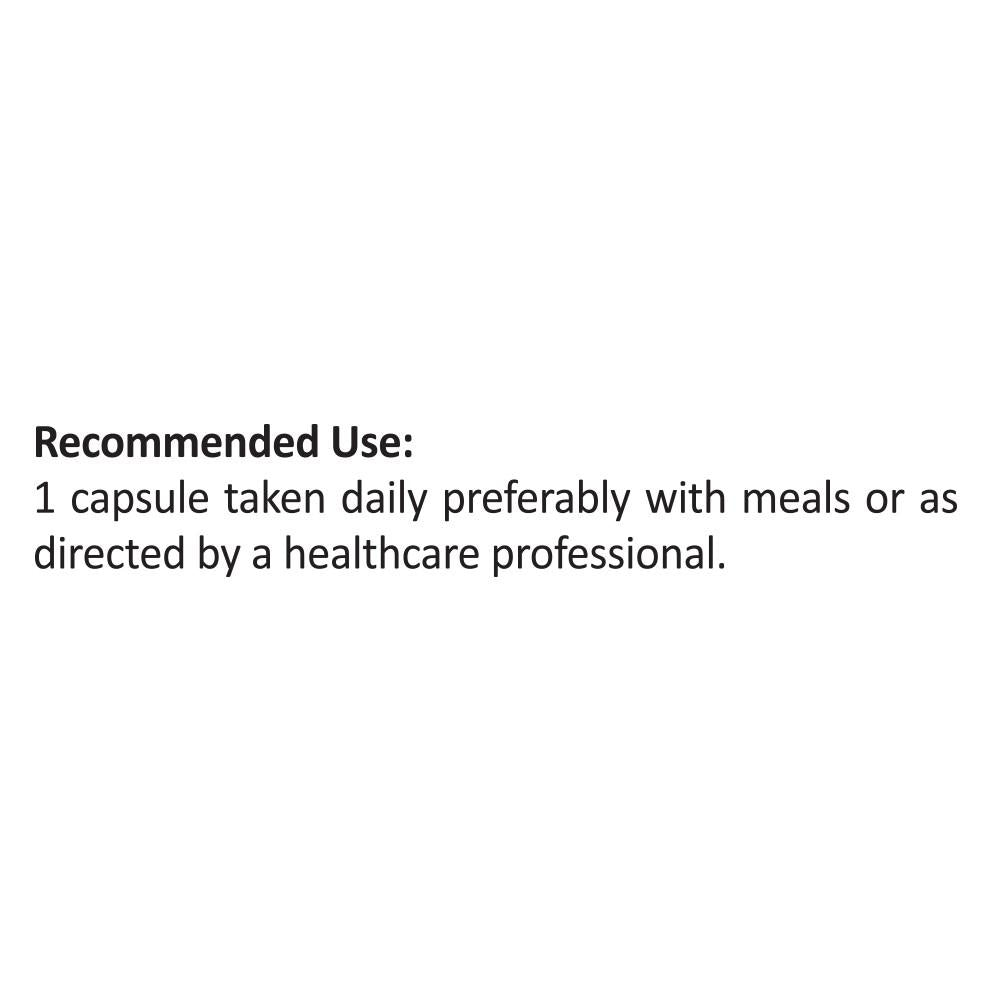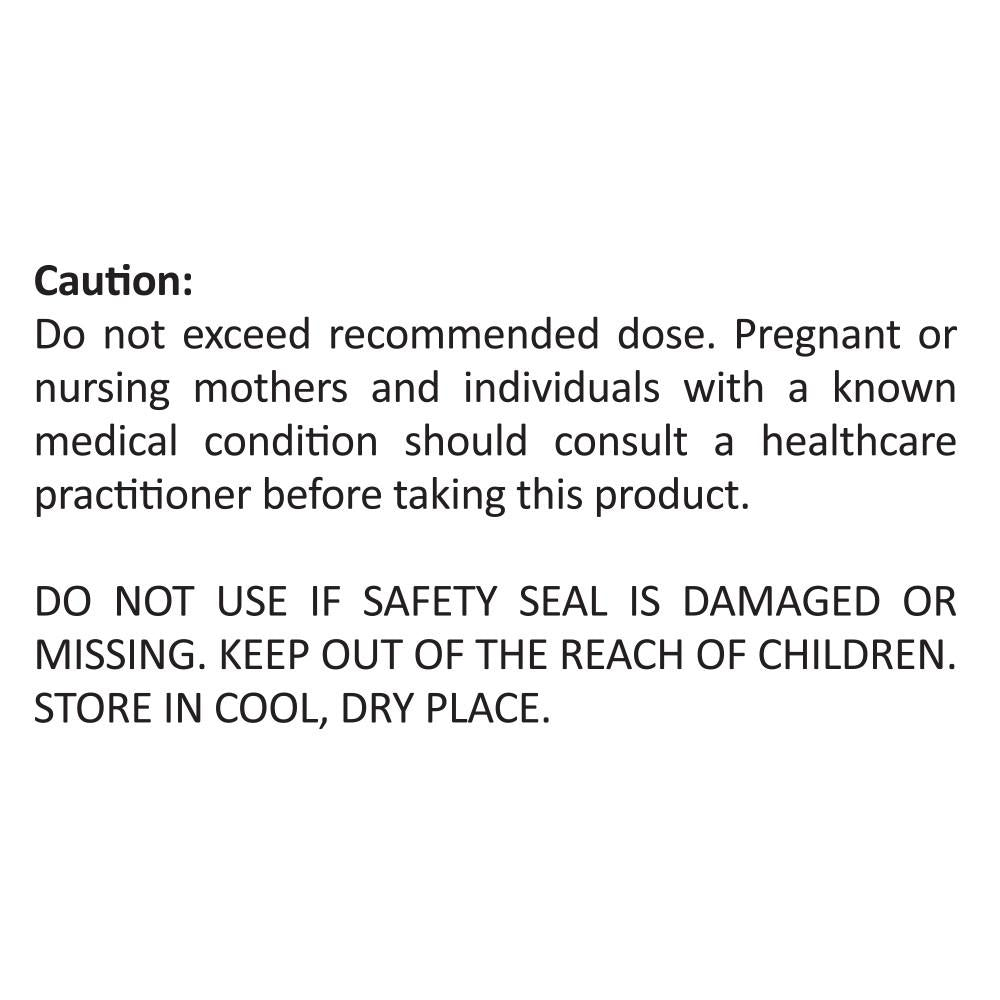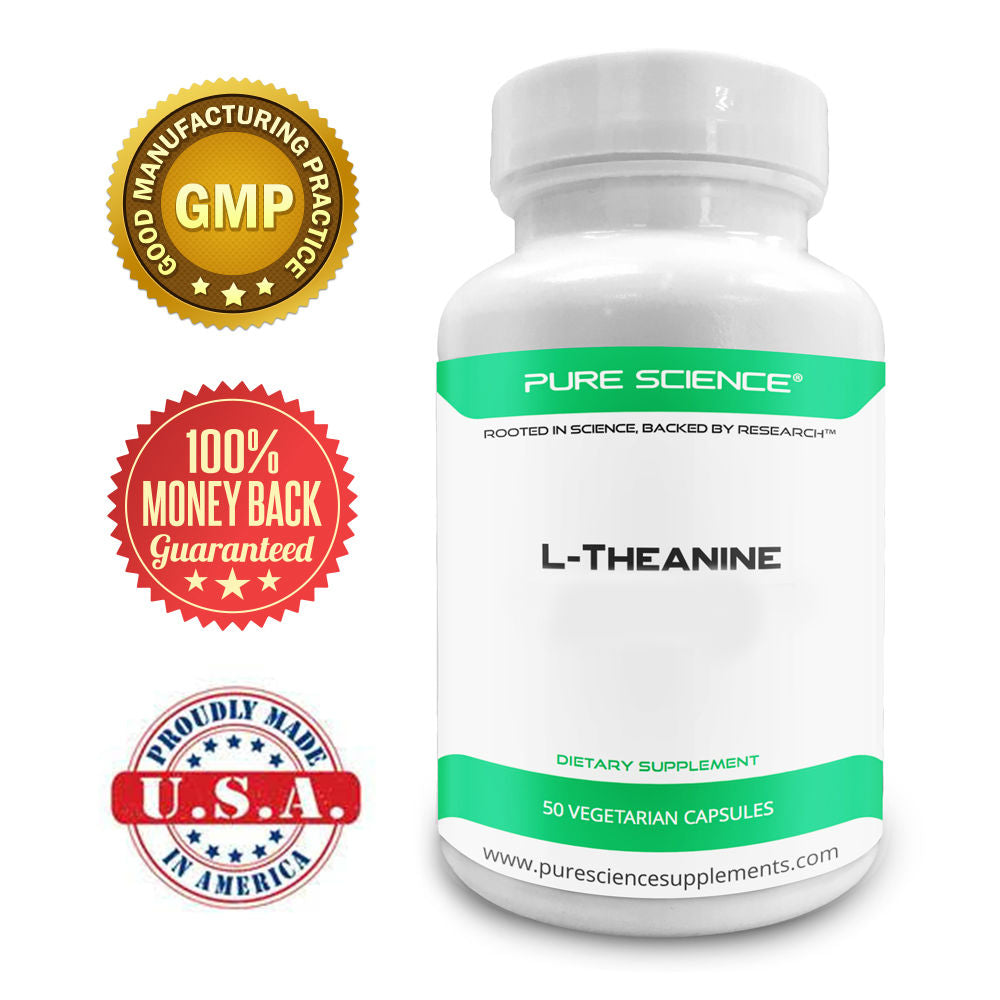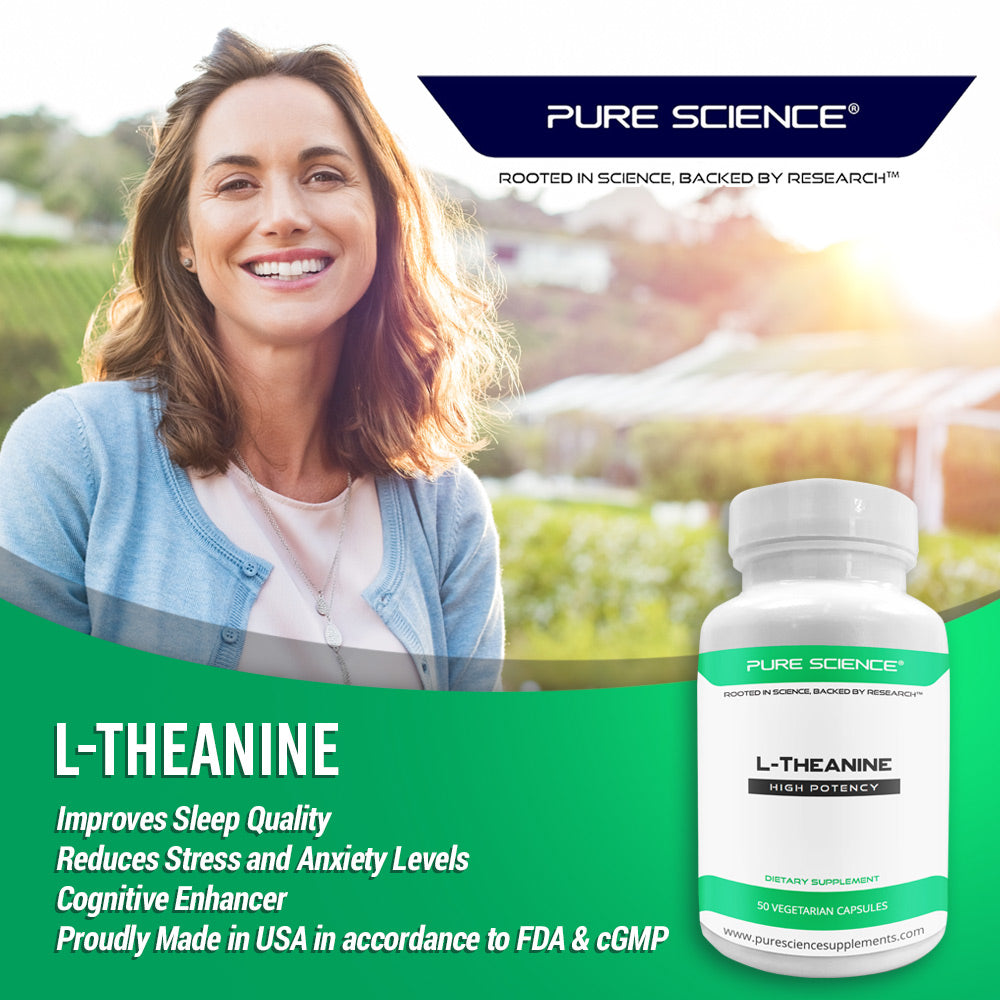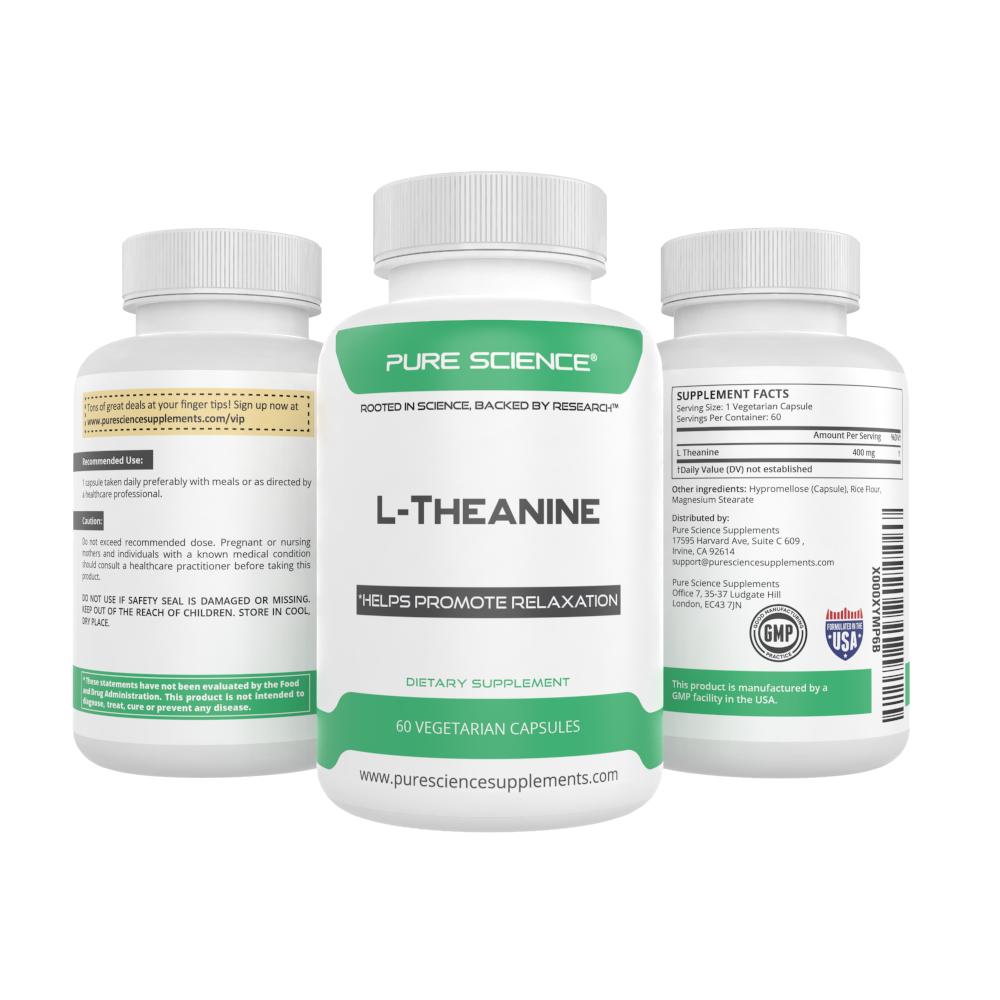A clogged or ruptured blood vessel can cause a stroke, a deadly medical illness that interrupts the blood flow to the brain. Depending on the type of stroke and the part of the brain that is affected, the symptoms can change. The following are some of the most typical stroke signs:
- sudden numbness or weakness, especially on one side of the body, of the face, arm, or leg
- Unexpected difficulty speaking or comprehending speech
- sudden vision problems in either one or both eyes
- sudden difficulty walking, lightheadedness, imbalance, or lack of coordination
- strong headache that appears out of the blue
It's crucial to seek medical help right away if you or someone you know exhibits any of these symptoms because early care can significantly impact how a stroke turns out.
The long-term repercussions of a stroke can be crippling and significantly affect a person's capacity for independent functioning once the acute phase has passed. Physical therapy, occupational therapy, and speech therapy may be used over the months or even years-long healing period to aid in the improvement of motor, speech, and cognitive function. Additionally, drugs are frequently provided to assist lower the risk of having another stroke.
There is a tremendous demand for efficient treatments that can aid in rehabilitation because of the long-lasting effects of stroke and the intricacy of its symptoms. L-theanine, an amino acid naturally present in tea, is one potential therapy that has recently attracted interest.
History
Iwami Kagawa, a Japanese chemist, made the initial discovery of L-theanine in green tea in 1949. The substance is most frequently discovered in tea leaves, particularly in green tea. The body-soothing and relaxing properties of L-theanine are well established.
How it works
L-theanine is believed to function through modifying the concentrations of a few neurotransmitters in the brain, such as GABA and dopamine. The release of these neurotransmitters is linked to emotions of comfort and wellbeing. L-theanine is thought to ease anxiety and tension, encourage relaxation, and elevate mood via raising GABA and dopamine levels in the brain.
L-theanine is thought to affect neurotransmitters as well as enhance the amount of alpha waves in the brain. Brain waves known as alpha waves are connected to a relaxed state of wakefulness. They are frequently observed when a person is at ease but awake, like when doing yoga or meditation.
L-theanine has been demonstrated to have neuroprotective benefits in the case of stroke by lowering the inflammation and oxidative stress brought on by the stroke in the brain. Additionally, it has been demonstrated to increase cerebral blood flow and promote neurogenesis, which can aid in the brain's recovery from a stroke.
Although L-theanine is a natural substance and generally safe for consumption, it is still advisable to see your doctor before beginning any supplementation, especially if you have any current medical conditions or are taking any drugs.
Studies and result
Numerous research have been done to look into the potential advantages of L-theanine for recovering from a stroke. Although these trials have often been modest, the outcomes are encouraging.
In a study of 120 stroke victims, those who took L-theanine supplements for six months outperformed a control group in terms of motor function, speech, and cognitive function. The results were published in the Journal of Nutritional Science and Vitaminology. The participants in this trial took 200 mg of L-theanine every day for six months.
L-theanine may aid in the recovery from a stroke, according to results of another study involving 80 stroke patients that was published in the Journal of Clinical Biochemistry and Nutrition. When compared to a control group, patients who took L-theanine supplements for three months had significantly better motor and cognitive performance. In this instance, 200 mg of L-theanine was taken daily for the duration of the trial.
It's crucial to keep in mind that the studies used a small sample size, and additional study is required to validate the results and determine the ideal dosage for stroke patients. Additionally, taking supplements containing L-theanine is not advised if you use blood pressure medication or blood thinners because the supplement may interact with these drugs and raise your risk of bleeding.
A daily dose of 200 mg of L-theanine is safe and well-tolerated, according to these trials. However, more study is required to determine the ideal dosage and to validate these findings in broader patient populations.
Recommended Dosage
According to these research, a daily intake of 200 mg of L-theanine, divided into two doses, is advised. It is significant to note that L-theanine supplements are not advised for those who are using blood pressure medicine or blood thinners because the supplement may interact with these drugs and raise the risk of bleeding.
Conclusion
The findings of these trials indicate that L-theanine may be a valuable supplement to conventional stroke recovery therapy, while further research is required to fully understand the potential advantages of this amino acid for stroke recovery. To find out if taking L-theanine supplements is safe for you and to discuss the right dosage, it's crucial to speak with your doctor first.
Reference
- Yamada T, Terashima T, Okubo T, Juneja LR, Yokogoshi H. Effect of L-theanine, a component of green tea, on stress-induced cognitive impairments in healthy individuals. Journal of Functional Foods. 2015;17:263-268.
- Kakuda T, Nozawa A, Unno T, Okamura N, Okai O. Inhibiting effects of theanine on caffeine stimulation evaluated by EEG in the rat. Biosci Biotechnol Biochem. 2000 Sep;64(9):287-93.
- Yokogoshi H, Mochizuki M, Sagesaka YM. Theanine-induced reduction of psychological and physiological stress responses. Biol Psychol. 2008 Jan;77(1):113-22
- Kakuda T. Neuroprotective effects of theanine and its preventive effects on lifestyle-related diseases. Pharmacol Res. 2011 Jul;64(1):16-22.


